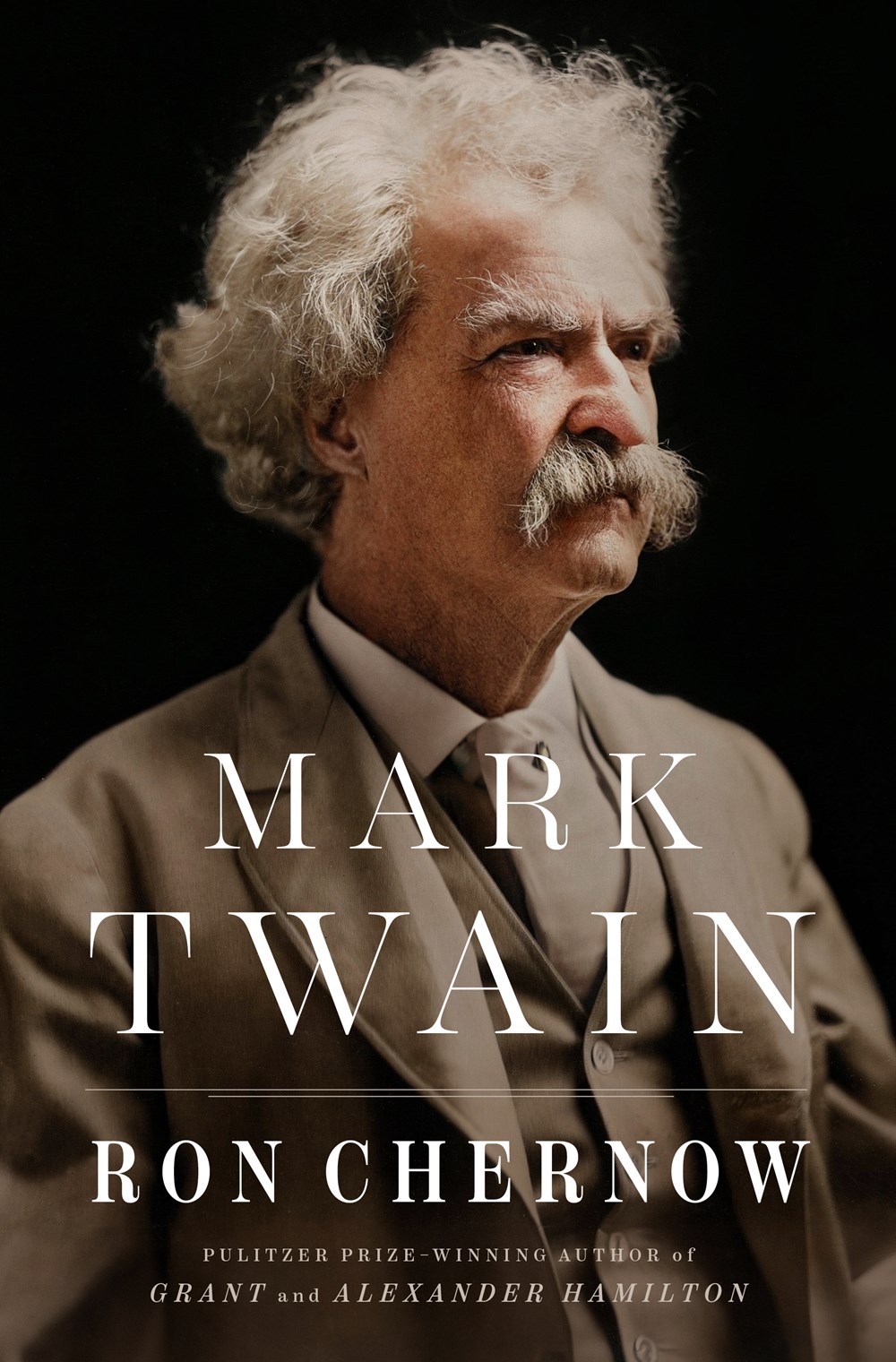2018 School Spending Survey Report
 Chernow has made a writing career by reintroducing modern readers to relatable but flawed American historical figures (Ulysses S. Grant, George Washington, Alexander Hamilton). He turns to an American literary figure here, and possibly one of the most well-known of all: Mark Twain. Twain is so deeply ingrained as an image in culture— for both his iconography (the bushy mustache, the white suit, the bowtie) and his classic novels, including Adventures of Huckleberry Finn, The Adventures of Tom Sawyer, The Prince and the Pauper, and A Connecticut Yankee in King Arthur’s Court—that many might think they know everything about Twain already. But Chernow once again demonstrates his impeccably deep research, highlighting Twain’s better qualities without ignoring the issues he grappled with in his life—centrally, the racism of his era and the troubling ways in which he sometimes related to women.
Chernow has made a writing career by reintroducing modern readers to relatable but flawed American historical figures (Ulysses S. Grant, George Washington, Alexander Hamilton). He turns to an American literary figure here, and possibly one of the most well-known of all: Mark Twain. Twain is so deeply ingrained as an image in culture— for both his iconography (the bushy mustache, the white suit, the bowtie) and his classic novels, including Adventures of Huckleberry Finn, The Adventures of Tom Sawyer, The Prince and the Pauper, and A Connecticut Yankee in King Arthur’s Court—that many might think they know everything about Twain already. But Chernow once again demonstrates his impeccably deep research, highlighting Twain’s better qualities without ignoring the issues he grappled with in his life—centrally, the racism of his era and the troubling ways in which he sometimes related to women.
VERDICT This belongs in both public and academic libraries and will open a new discussion of Twain’s cultural standing, as Chernow’s previous biographies have also accomplished.
0 COMMENTS
Comment Policy:
- Be respectful, and do not attack the author, people mentioned in the article, or other commenters. Take on the idea, not the messenger.
- Don't use obscene, profane, or vulgar language.
- Stay on point. Comments that stray from the topic at hand may be deleted.
- Comments may be republished in print, online, or other forms of media.
- If you see something objectionable, please let us know. Once a comment has been flagged, a staff member will investigate.
RELATED
ALREADY A SUBSCRIBER? LOG IN
We are currently offering this content for free. Sign up now to activate your personal profile, where you can save articles for future viewing



